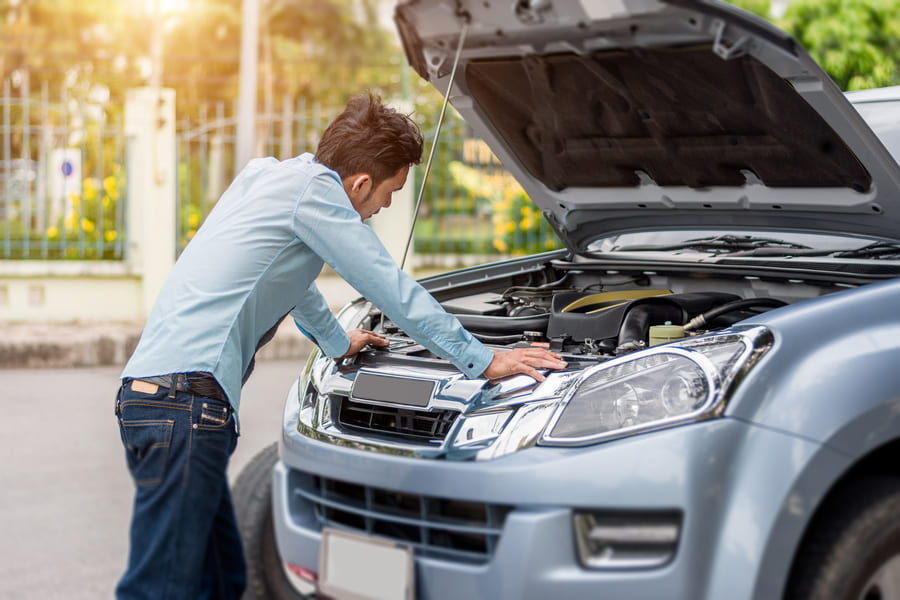
A shaking, vibrating or shimmying car is a real pain in the neck for thousands of car drivers. It is one of the most boresome and common issues one might face. A great number of things can lie at the root of this problem: from the most trivial ones like bad road surface or worn-out tyres to quite a serious one such as engine malfunctions. So, let’s take a deeper look into the matter.
Why is my car shaking: 7 most common reasons
As it has been already mentioned above, old, worn-out and dry tyres can make your car shudder. Being the only part of the car that gets in touch with the road surface, they are the most common and obvious source of excessive vibration. Apart from that, they are exposed to a great number of negative impacts that make their lifespan significantly shorter. Flat tyres might be a source of shimmying themselves or lead to damaged wheels, the second possible reason why your car is shaking.
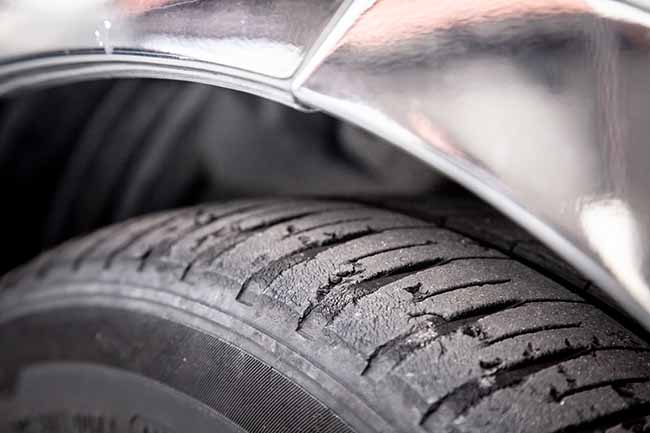
Unbalanced or damaged wheels may be also the case. As a matter of fact, wheels are not perfectly round. Metal walls can be slightly thicker or thinner in some places resulting in deviations from a perfect circular rotation. These deviations are called runout. The vibration caused by unbalanced wheels becomes clearly obvious especially when driving at high speeds. Even tiniest imperfections can make your car shake to say nothing of bent wheels.
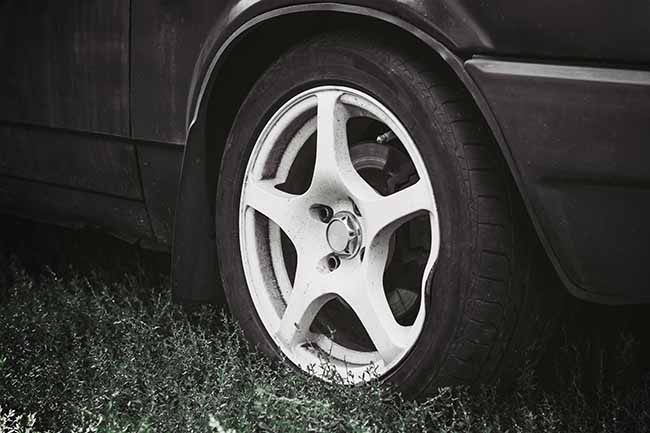
Another possible reason for a shimmy car is brake issues. If vibrations appear or become more intense when brakes are applied, you know where to look at. Usually, a warped brake rotor, or even rotors, can be a source of your headaches. When brakes are applied, brake pads and callipers are pressed against the rotor. If its surface is uneven due to wear or corrosion, the grip is uneven, thus, the car starts shaking.
However, not only tyres, wheels or rotors can become a source of vibration, axles can do as well. Collisions and mishaps do also happen, thus, causing your axles bent, for instance. If the vibration gets stronger upon acceleration, take a look at the bottom of your car. Be sure to check the CV joints and axle boots as well. Torn boots allow road dirt, dust getting in, thus, damaging the joints and causing vibration, as a result.
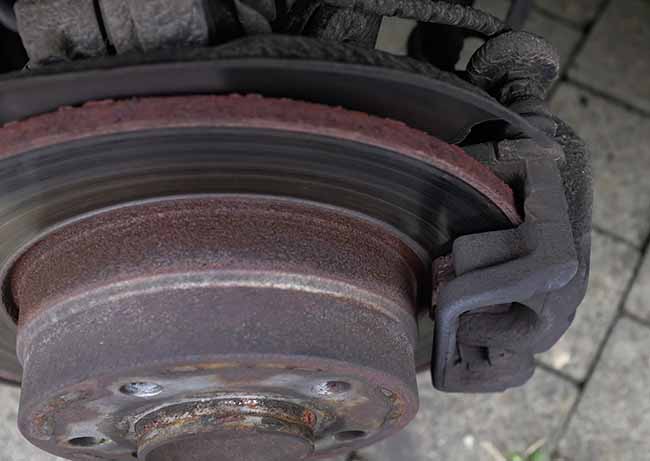
Axle problems are not the only ones that make your car shake when accelerating. Bad engine mounts have the same symptoms. These spare parts are made of metal and rubber. Their main aim is to keep the engine in its place and not let it wobble. Rubber dampens the vibrations. However, if it gets torn or dried, it can’t perform its functions properly. Worn-out metal can also no longer provide a firm grip of the engine.
Unfortunately, a shake coming from under the bonnet might be a sign of some engine issues. The most common is the misfire. Which, in its turn, can be caused by a variety of things including poor quality fuel, bad spark plugs or clogged filters. As a rule, you can see a Check engine light on your dashboard.
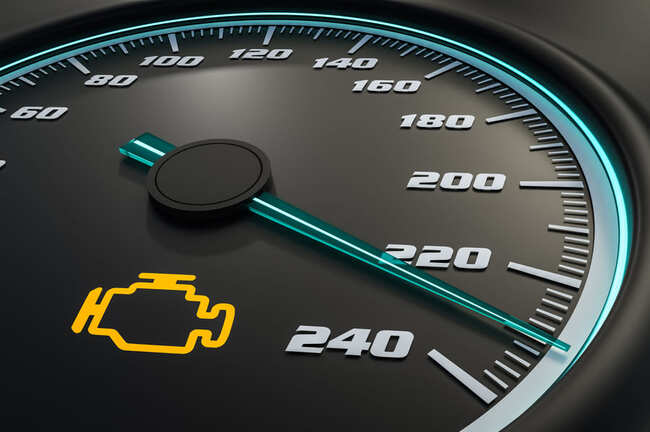
Sometimes, you may feel the vibration coming from your steering wheel. You might also notice a lack of responsiveness. In that case, you’d better check power steering and steering components, in general. Note the fact that vibration normally appears when you turn the steering wheel even if the car is in the park. Another sign that the problem is related to bad steering components is uneven wear of the tyres. It might be caused by worn-out tie rods, for instance.
What to do if my car is shaking: possible solutions
To begin with, it is necessary to detect the source of vibration. Visual inspection can be useful. Check your tyres. If they are worn out, roll unevenly or “out of round”, they have to be replaced. It is also worth checking the tyre pressure. If it is too low, use a tyre inflator to ensure they are at the correct pressure.
If your tyres are alright, let’s take a look at your wheels. Mud and dirt might get stuck on the wheels upsetting the balance. All you’ll have to do is wipe them off. If that doesn’t help, it is better to see a car mechanic. With the help of special equipment, they will do a check and will balance your wheels by attaching some wheel weights to them. Damaged and bent wheels in most cases have to be replaced.
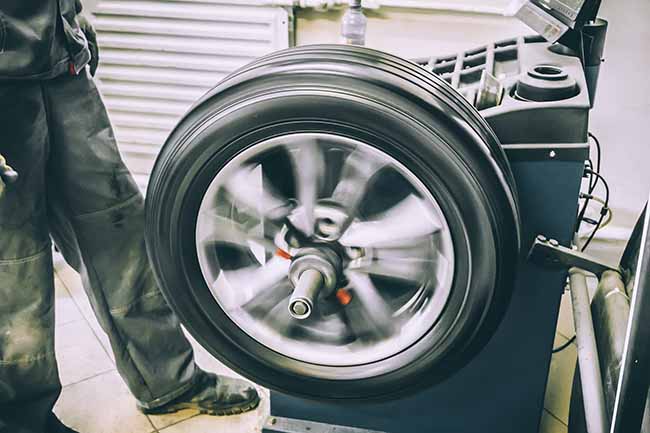
Worn-out rotors are likely to be the cause when your car starts shaking only while braking. In case your rotors aren’t severely damaged, they can be cleaned and refinished. Otherwise, a replacement is the only way out. Brake calipers and pads have to be check as well. It is possible to refurbish worn-out spares if it is necessary. You should check that everything is lubricated correctly.
In case you suspect that your axles are behind the problem, examine them thoroughly paying special attention to the CV joints and boots. Make sure there are no traces of lubricant leaking out and all clamps are secured. If you notice any play in the joints or that your boots are torn, you should have your car checked at the shop. Perhaps, you’ll have to replace some of the components.
A shop check will be also necessary when vibration appears while turning and your steering wheel is shivering. Besides, if you notice that your power steering fluid is seeping out, it’s definitely time to pay a visit to your car mechanic.
Bad engine mounts are quite easy to diagnose. No vibration appears when your car is in neutral or park and it does when you press the accelerator pedal. Slight movement of the engine is okay; however, a big jolt is a sign that your engine mounts need replacement.
As for the vibration caused by misfire, you should make sure that the fuel you use of proper quality. Because of bad petrol, your fuel filter can get clogged and, as a result, the air-fuel ratio will be lean. You should clean your air filter as well. Misfire can also be caused by bad spark plugs. Be sure to replace them at the manufacturer’s recommended intervals.
These are the most common reasons why your car might be shaking. Whatever the cause is, it is always a good idea to see an automotive service professional. Diagnosing car problems at their early stages will help you to avoid bigger car issues as well as bigger repair bills.



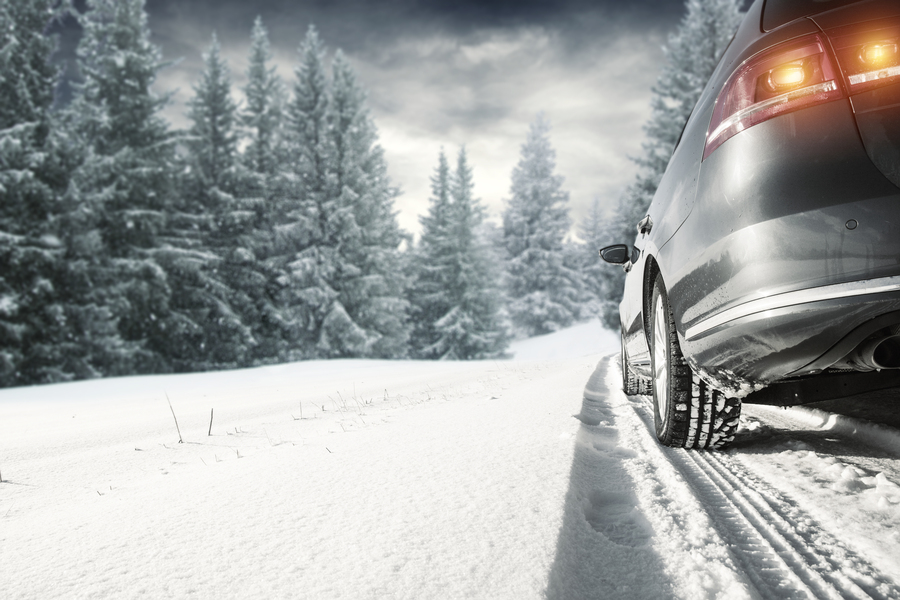


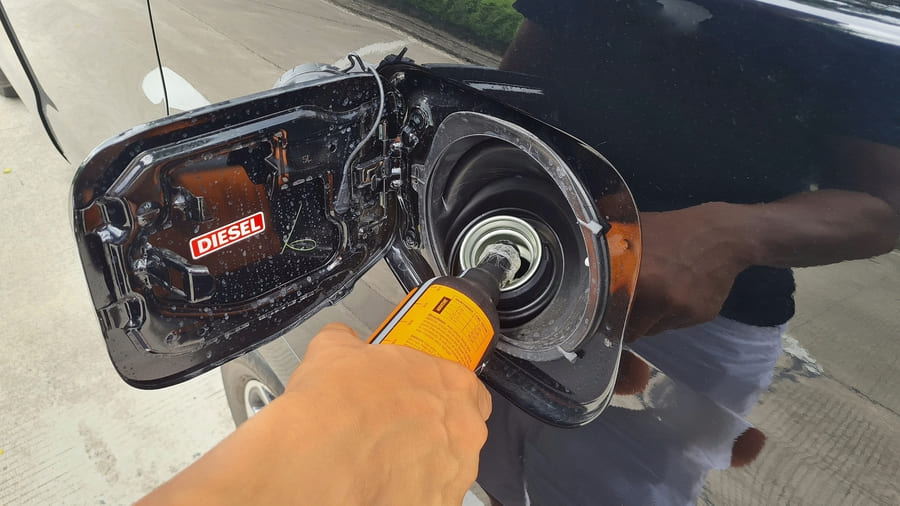
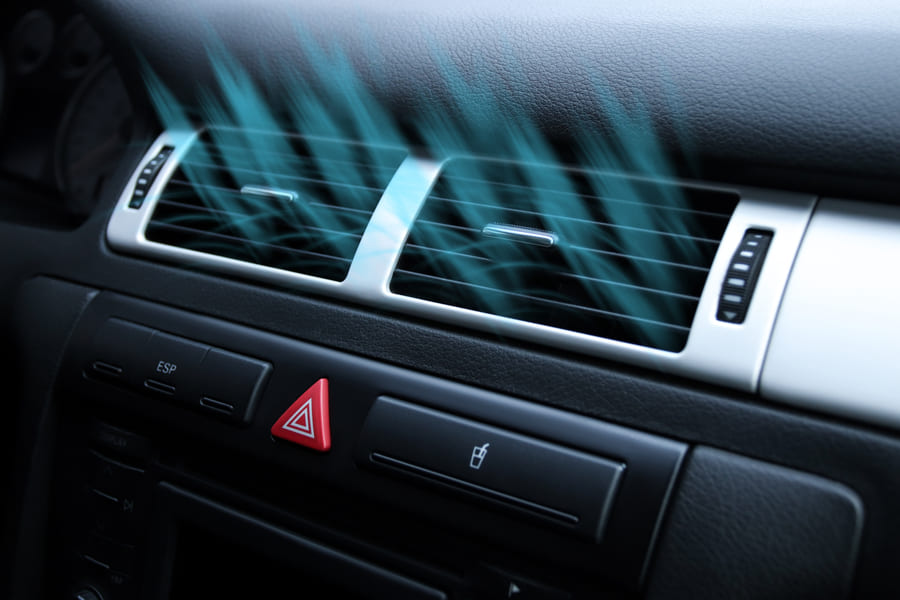
Comment